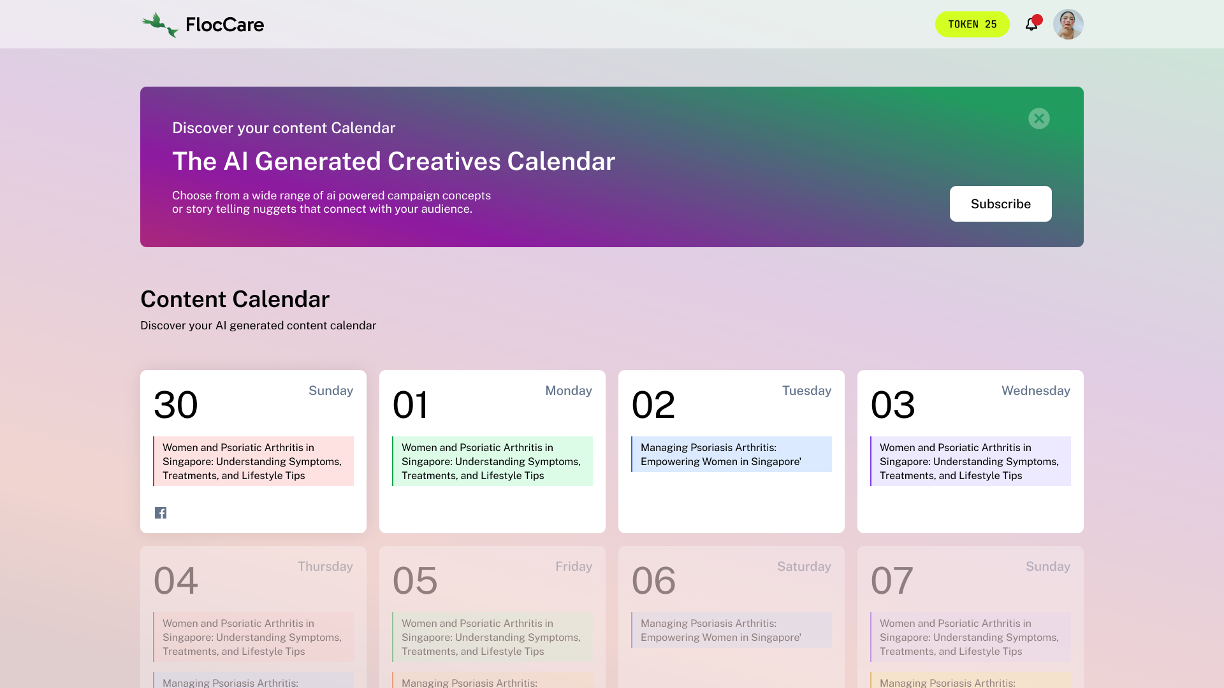Case Study: How a Cancer Care can improve adherence & patient clarity

Overview
A leading oncology focused public health agency assisting thousands of patients annually, needed a better way to support patients between clinic visits. Many patients struggled to understand next steps, manage side effects, or stay on track across treatment cycles. They were being given pamphlets and booklets but it wasn't clear if they were using them and if they were effective.

The Challenge
The agency’s team had the following challenges::
- Patients frequently missed prep steps before chemo or radiation sessions.
- Side effects were often underreported or misunderstood, delaying interventions.
- Staff spent hours repeating instructions and following up on low-priority issues.
- No consistent structure existed for recovery and survivorship guidance post-treatment.
The network wanted a scalable solution to support continuity of care while reducing clinical burden.

Things Getting Better
Deploying outpatient education across the centers using a library of language-adaptable content and AI-driven communication triggers via WhatsApp to ensure right information reached patient at the right time.
Key capabilities:
- Cycle & Visit Reminders: Timely nudges for blood tests, fasting, hydration, and post-cycle check-ins.
- Symptom & Fatigue Check-Ins: Daily self-assessments with escalation alerts for red flags.
- Multilingual Guidance: Educational messages in Arabic, English, Hindi, and Tagalog.
- Recovery & Nutrition Support: Customized content based on cancer type and stage.

The Impact
Evidence-backed frameworks in oncology show that consistent, linguistically relevant communication can reduce missed chemo and radiation prep steps by up to 67%, and cut staff time on routine queries by over 50%. Side effect reporting may double, allowing earlier intervention and fewer complications. Patient satisfaction scores can rise from 78% to 92% when clear information is provided throughout care. These results highlight the impact of structured, ongoing patient communication.

Conclusion
FlocCare can empower public health agencies to provide proactive, multilingual support that eases administrative burden on staff while enhancing patient understanding and adherence — through every stage of the cancer journey.



